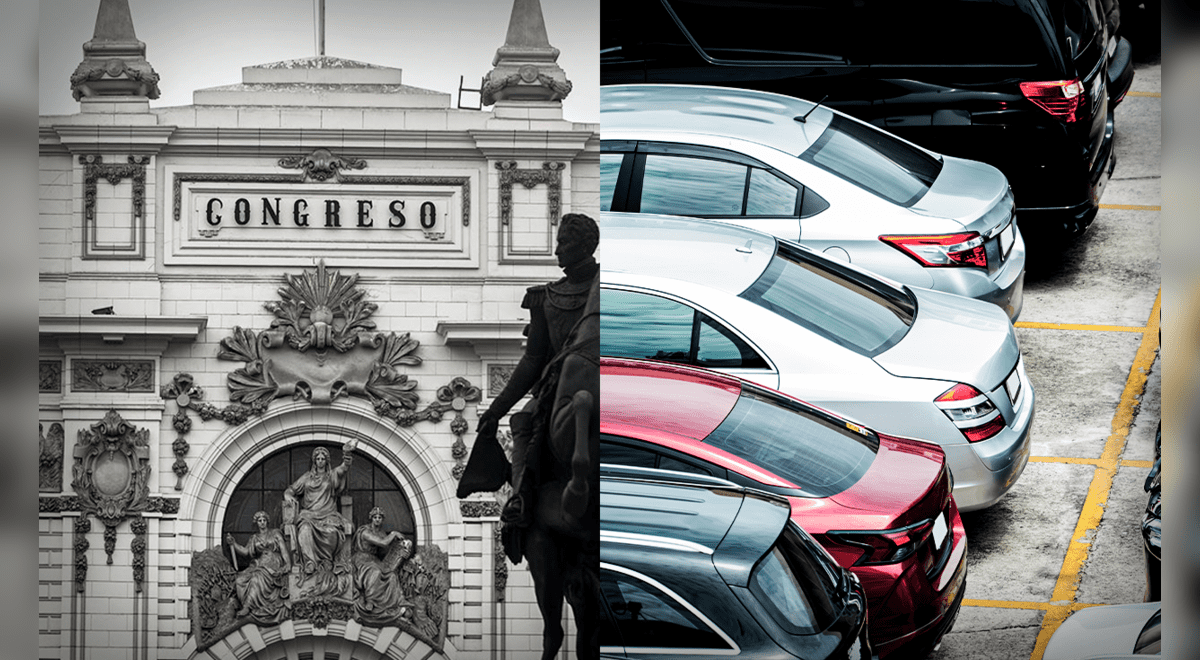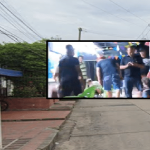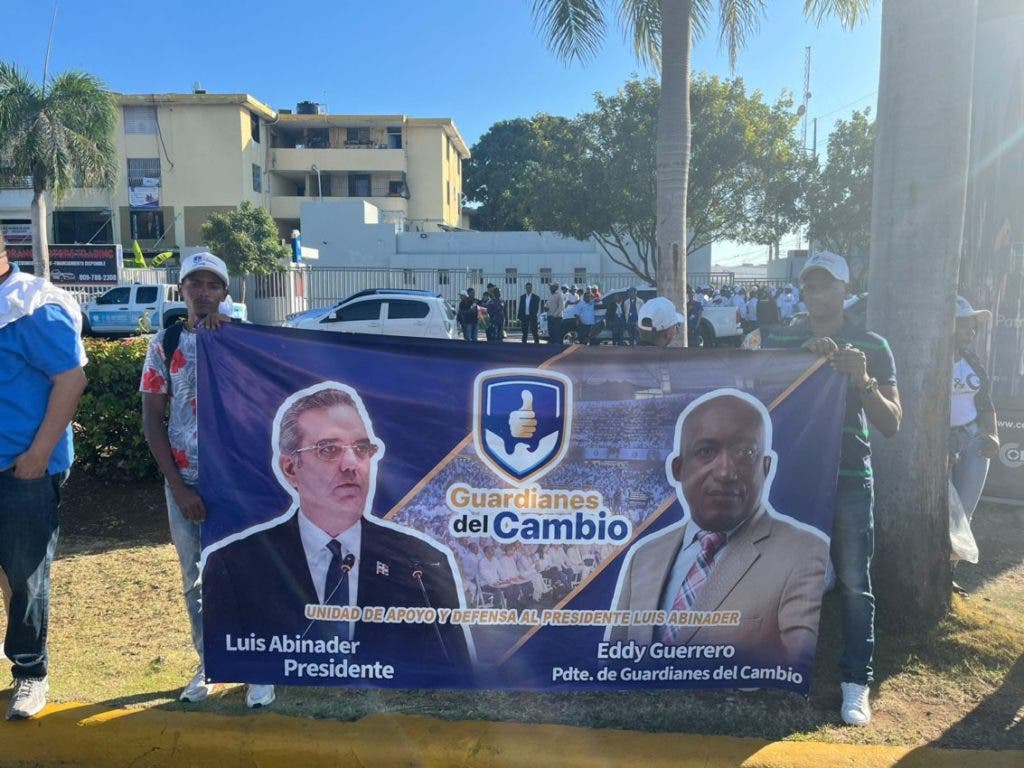In March 2022, a space located one block from the Parliament for which congressmen and their advisors can keep their vehicles under roof.
He Congress of the republic tried, through a statement issued last Sunday the 26th, explain the reasons that led to this state power —characterized by its low approval and for his sumptuous expenses on iPhones, buffets and personal trips— to pay S/1,620,000 in parking lots for legislators, advisers and other Parliament workers. From the Legislature they assured that this not austere measure was taken on the occasion of the return to normality after the lifting of the restrictions due to the COVID-19 pandemic.
According to the contract signed in March 2022, the Legislative power I rent a space located one block away of the Parliament to serve as exclusive parking for congressmen, despite the fact that the Congress of the republic It already has blocks where officials can leave their vehicles.
This space called The miracle It has security and, according to the contract, has the capacity to house 200 vehicles, all sheltered under roof. This cost the state a total of S/1,620,000.
Congress’s response to the millionaire spending
Through a statement, the Congress He pointed out that the expense of S/1,620,000 in parking lots was ordered due to the end of restrictions due to the pandemic: “The parking lot The miracle, located on Abancay avenue, was rented for the personal use of the Congress of the Republic. The decision was made before the normalization of administrative tasks with the lifting of most restrictions that, due to the health emergency, occurred within the framework of the COVID-19 pandemic.”
In this sense, the Parliament explained that the pedestrianization of the Historic Center of Lima also generated the need of spaces for the parking of the members of Parliament: “And for the execution of the Pedestrianization Plan of the historic center, carried out by the Metropolitan Municipality of Lima, which led to the closure of all the streets surrounding the Government Palace and the Legislative Power, affecting the workers of Congress who used them and that many times, especially, on days when there are plenary sessions, work ends late at night”.

















